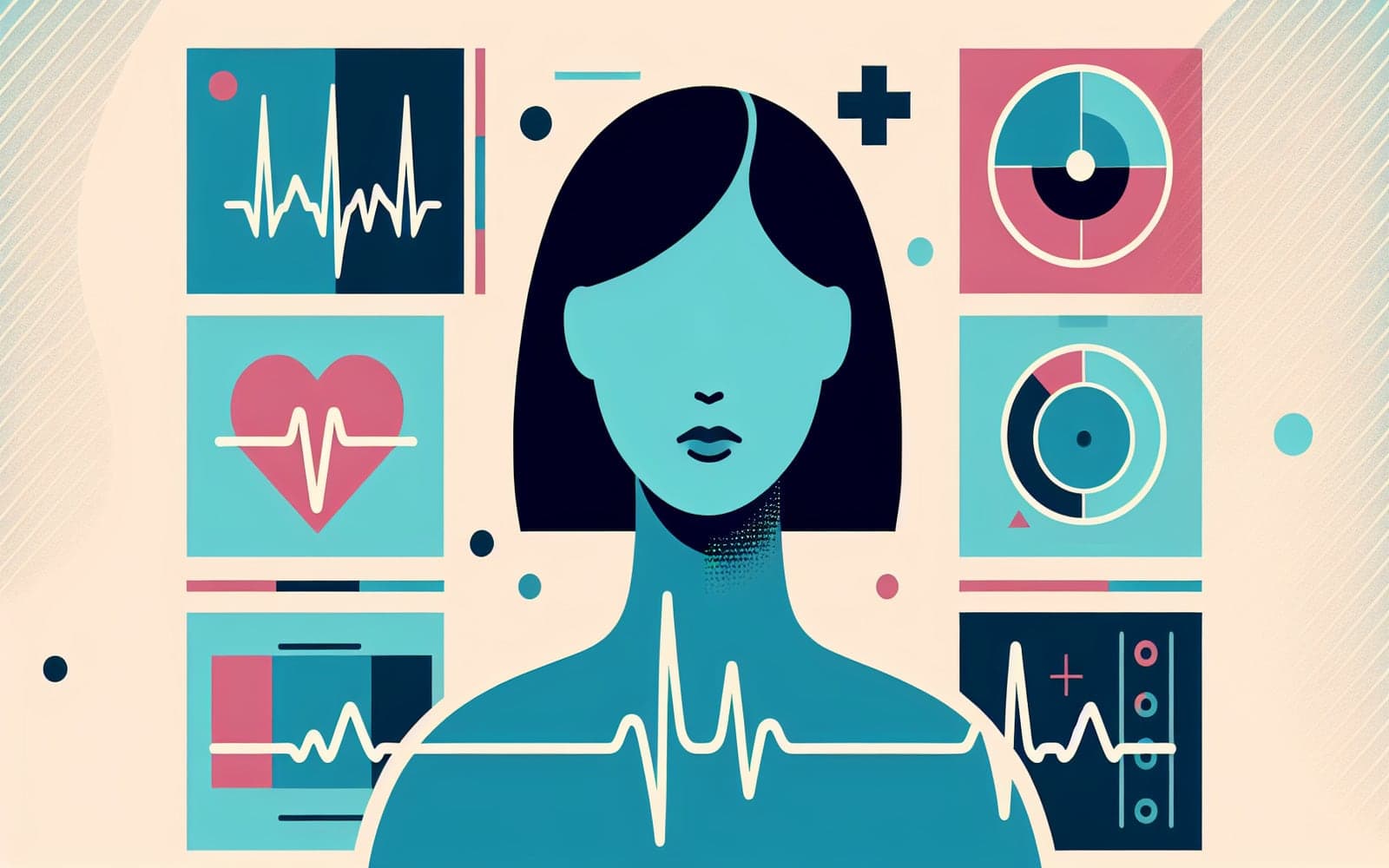How an ECG Can Help Diagnose Your Palpitations
Published: Feb 07, 2024
Electrocardiograms (ECGs) are crucial in diagnosing the cause of palpitations. Discover how this simple test can reveal complex heart issues.
Contents
What is an ECG?
An ECG is a test that records the electrical activity of your heart. It is painless and non-invasive, providing valuable insights into heart rhythm and function. This test is often the first step in diagnosing heart-related causes of palpitations.
Why is an ECG Important?
ECGs can help detect arrhythmias, heart enlargement, or previous heart attacks. Identifying these conditions early can prevent serious health consequences. Even if palpitations are not present during the ECG, it can still offer clues about potential heart issues.

What to Expect During an ECG
During an ECG, electrodes are placed on your chest to record your heart's electrical signals. The process is quick, usually taking only a few minutes. The results can help your doctor decide if further testing or treatment is necessary.
Frequently Asked Questions
An ECG detects heart rhythm abnormalities and signs of heart disease.
No, an ECG is a painless test involving electrodes on your skin.
An ECG typically takes only a few minutes to complete.
Yes, an ECG can help identify the cause of palpitations.
Key Takeaways
An ECG is a powerful tool in understanding your heart health and addressing palpitations.
Schedule a session with Doctronic to discuss whether an ECG is right for you.Related Articles
References
Zimetbaum P, Josephson ME. N Engl J Med 1998; 338:1369.
Abraham G, Ghazanfar MA, Bajpai A. BMJ 2018; 363:k3883.
Always discuss health information with your healthcare provider.

